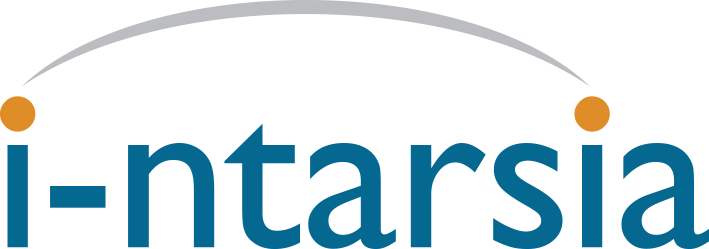On the surface there would seem to be some compelling reasons to develop the I-ntarsia platform on Drupal 7.
-
Drupal 7 was released in January 2011 and by 2016 powers over a million Drupal sites (84% of all Drupal sites)
-
Drupal 8 was released in November 2015 and by mid 2016 powers only ~90,000 sites (7% of All Drupal sites)
-
Drupal 8 is a considerable departure from previous Drupal versions. The module development process is very different requiring a greater understanding of the core architecture of Drupal 8
-
Drupal 8 has a number of key modules taking time to be ported and released
These facts might make the selection of a Drupal 8 platform questionable.
As a Web Project Owner, the use of Drupal 8 on a key customer project may appear as a risk. The customer may have heard that D8 is still maturing, or maybe missing key modules. This can put you into a defensive position against a competitor pitching Drupal 7 or an alternative CMS.
Here at I-Next there was no D7 vs D8 decision, there didn’t need to be. We moved to Drupal from our successful proprietary code base BECAUSE of Drupal 8.
Drupal 7 was the product of an intense period of organic growth in the Drupal community. The end result, whilst highly capable, leaves a lot to be desired from a systems design perspective. There are a number of reasons for this:
- PHP code standards were not mature
- Lack of commitment to backwards compatibility
- Drive for features at the expense of coherent design
- Exponentially increasing contributor base creating a multitude of add-on modules
Drupal 8 is a complete ground up redesign of the Drupal system. The Drupal Community decided to use the experience gained in developing and maintaining some of the world's most complex web services to build a system that was elegant and scalable as well as being familiar and easy for people to use. Core issues were addressed:
- Adoption of object oriented coding for core and modules
- Adoption of PHP standards making code cleaner and easier to quality assure
- Adoption of semantic versioning to drive a continuous development process WITH assured backwards compatibility
- Integration of many 'essential' modules into Drupal core
So the outcome is a much better piece of software, but why should your customers care about that. Well, there are huge number of reasons not least of which are:
- D8 is the most advanced open source CMS available
- D8 features make it the easiest to use CMS available
- D8 is the version with development momentum
- D8 has the longest active support life
- D8 is where the brightest and best developers and theme builders want to be working
- Whilst some modules may still be in alpha/beta they are maturing at lightning speed. Drupal 8 is most definitely production ready
- Some of the latest and best Drupal features, such as BigPipe are ONLY available on Drupal 8
On top of that the i-ntarsia platform puts Drupal 8 into a highly stable, managed infrastructure which is maintained by a team of highly skilled, highly experienced engineers.
OK Lower Cost of Ownership: Your customers will benefit from a longer platform lifecyle with Drupal 8 which will reduce the overall cost of ownership.
OK Ease of Use: Features such as inline editing make Drupal 8 the simplest CMS for your customers to use.
OK Access to the Latest Features: Drupal 8 is leading the way in CMS innovation
